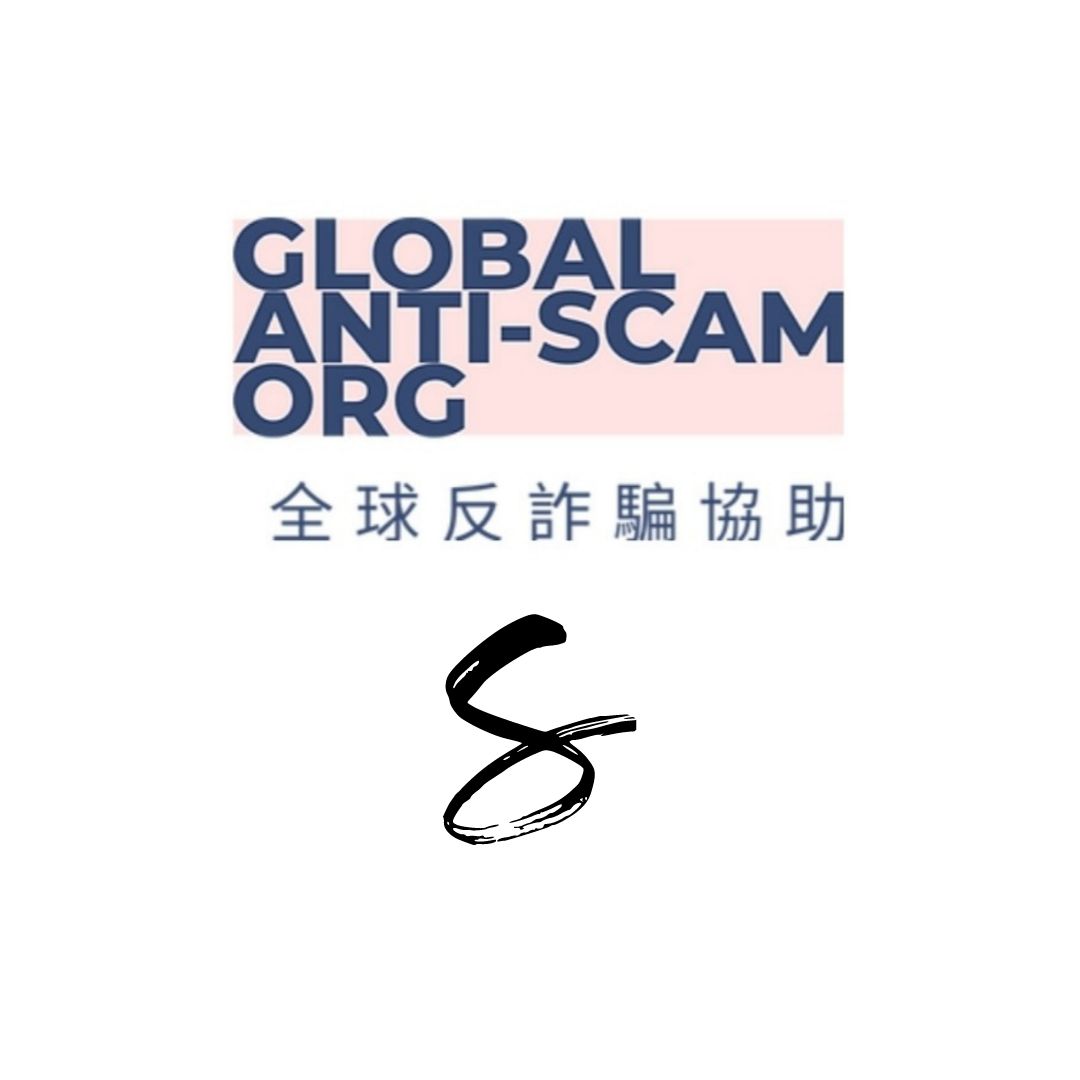"Malaysian Victim Turned Villain: How One Man’s Betrayal Shattered Trust in Rescue Volunteers"
- Global Anti-Scam Org

- Apr 25, 2025
- 4 min read

In humanitarian efforts across Southeast Asia, rescue workers and volunteers bravely risk their lives and livelihoods daily, navigating dangerous networks of human traffickers and scam syndicates to save victims from forced labor, abuse, and exploitation. But what happens when the very victims they rescue turn against them, abusing their trust, kindness, and compassion?
This is the shocking true story of Wong Yong Yun, a Malaysian man who was rescued from the brutal realities of forced labor, only to systematically scam, deceive, and threaten the people who selflessly saved him.
A Promising First Impression
When our team first encountered Wong in Cambodia, he presented himself as an earnest, grateful victim—a young man tragically ensnared in forced labor schemes that have ensnared tens of thousands. On the ground, Wong quickly gained the affection and trust of volunteers. Described by rescue workers as "genuine, trustworthy, and exceptionally helpful," Wong regularly assisted our casework advisor with daily chores like taking out the trash, and was particularly attentive toward fellow victims.
The rescue was complex and costly: Wong faced hefty fines exceeding $2,800 due to immigration overstay penalties. With the invaluable help of allies and supporters—among them Wen Jia, a compassionate Malaysian businesswoman based in Phnom Penh—these fines were paid, and Wong was safely flown home to Malaysia.
But behind his helpful, friendly facade lurked a chillingly manipulative persona.
A Pattern of Deception Emerges
Shortly after Wong’s rescue, troubling signs surfaced. His uncle initially refused to support Wong, puzzling the rescue team, who saw only an innocent young man in desperate need. The uncle’s skepticism, however, proved prescient. He later revealed Wong's past manipulative behavior within the family circle: Wong had fabricated a story about his father being hospitalized, fraudulently obtaining money from family friends which he later squandered on personal indulgences and relationship expenses.
"Wong is no stranger to lying," his uncle explained bitterly, "his previous lies destroyed our trust in him. This is why we demanded evidence before believing anything he said."
Yet even his family could not have predicted how far Wong would go.
Exploiting Those Who Helped Him Most
Perhaps most tragic was the betrayal faced by our casework advisor, whose dedication and compassion were unparalleled. In January, amid a sudden influx of victims requiring immediate support, our advisor found herself stretched beyond limits. With Wong staying under her roof, her monthly salary—intended not only for her own sustenance but for caring for victims—rapidly dwindled to just twenty dollars.
In an astonishing act of self-sacrifice, she chose to use her remaining funds to ensure Wong had two meals daily, surviving herself on just two cups of coffee a day. Yet despite her sacrifices, Wong ruthlessly deceived her, fraudulently extracting thousands of dollars through personal loans and unpaid wages, and then abruptly disappearing.
The advisor, who had selflessly helped hundreds of victims, was left emotionally shattered, financially devastated, and utterly betrayed.
Threats and Intimidation: The Darkest Betrayal
The revelations about Wong's character grew increasingly sinister. Wong’s best friend, a local businessman dealing in automobile tyres, disclosed an alarming exchange where Wong angrily blamed his uncle for refusing to pay his immigration penalties. Disturbingly, Wong threatened, "If I get angry enough, I might resort to killing my uncles and aunts."
This was not merely a financial betrayal—it unveiled the potential danger that Wong posed not only to himself but also to everyone around him. Volunteers and rescuers, whose work inherently carries significant risk, were suddenly forced to confront the possibility of violence from a man they had wholeheartedly supported.
Betraying Allies and Supporters
The extent of Wong’s betrayal reached beyond the advisor:
Wen Jia, the compassionate Cambodian businesswoman who initially covered Wong’s fines and airfare, was conned again when Wong borrowed an additional RM500, promising repayment that never materialized.
The translator, who risked his safety by helping Wong escape forced labor to Phnom Penh, was similarly deceived and cheated out of more than $2,000 through a false business arrangement Wong concocted.
Today, Wong remains unreachable and is reportedly involved in "grey market" online gambling operations in Malaysia—a disturbing indication of his ongoing exploitation of others.
The Heavy Toll on Humanitarian Aid
Wong’s betrayal struck deeply at the hearts of those involved in humanitarian missions across Southeast Asia. Volunteers who have risked their lives to save tens of thousands of trafficking and forced labor victims now grapple with haunting doubts and hesitations. When trust—so central to the rescue and rehabilitation process—is shattered, it impacts not just one individual but the collective spirit and morale of the entire humanitarian community.
"If victims we rescue can abuse our trust so ruthlessly, who can we trust? Should we continue to risk everything?" one volunteer reflected. The psychological damage caused by Wong’s calculated deceit threatens to erode the resolve and compassion of countless others who dedicate their lives to this noble cause.
A Stark Warning
We share Wong’s disturbing story openly to highlight the importance of integrity, accountability, and mutual respect within humanitarian work. His case is an alarming reminder of how dangerous it is when compassion and trust are manipulated and betrayed. Humanitarian aid depends upon mutual trust—once lost, this trust is painstakingly difficult to rebuild.
Wong Yong Yun’s betrayal, though devastating, must serve as a powerful lesson. Exploiting volunteers and humanitarian workers who sacrifice everything to save lives is not merely wrong—it endangers future rescues and puts thousands of genuine victims at greater risk.
For the sake of countless innocent lives still in need of rescue, we must fiercely protect the sacred bond of trust, demanding integrity and honesty from everyone involved.
Final Thought:
Humanitarian aid survives on compassion and trust. Exploiting either is not only unforgivable but potentially catastrophic. Wong’s betrayal is a sobering reminder of what’s at stake when trust breaks down—risking the very mission and passion that have saved hundreds of thousands of lives.


